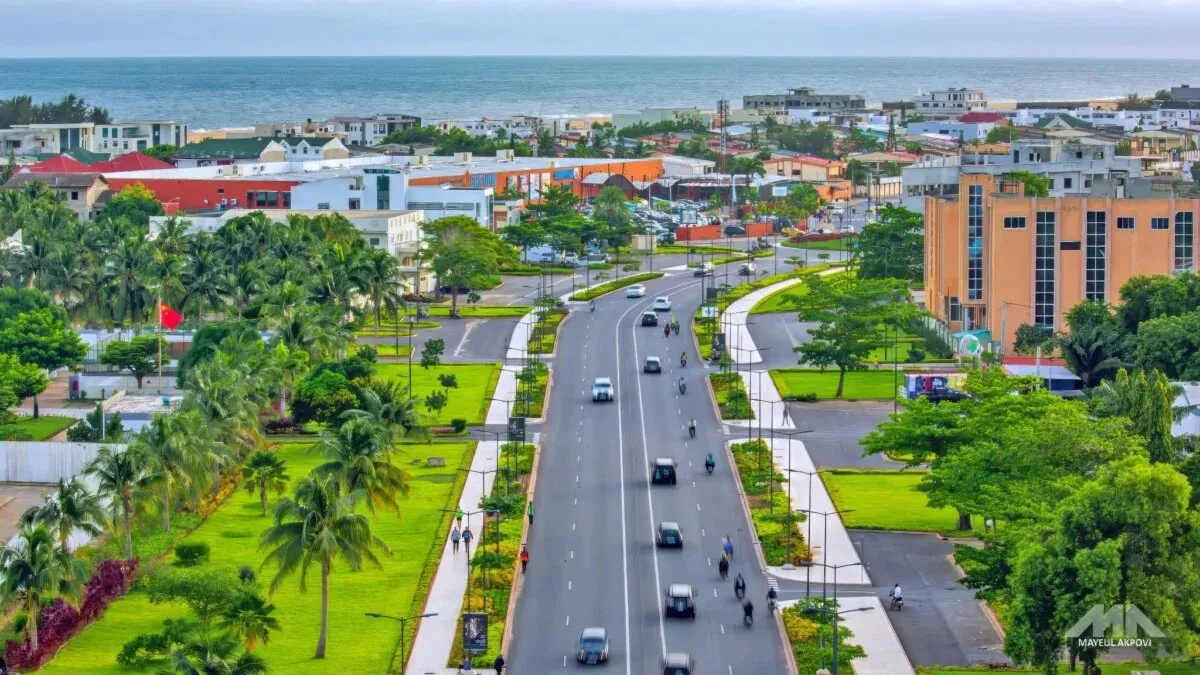Flowering of Benin’s Cities: The First Phase Launched
In a clear effort to make the cities of Benin more beautiful, greener, and more livable, the Beninese government officially launched the first phase of the “Greening Benin’s Cities” project on Friday.

SUMMARY
Driven by the Ministry of Living Environment and Sustainable Development, this initiative reflects an ecological and aesthetic ambition aimed at transforming the urban environment while raising public awareness of eco-responsibility.
At the heart of this pilot phase, seven major municipalities were selected: Cotonou, Porto-Novo, Ouidah, Abomey-Calavi, Sèmè-Kpodji, Parakou, and Natitingou. 50,000 decorative plants will be distributed free of charge, installed in carefully chosen public places: administrative esplanades, roundabouts, schools, markets, public squares, and roadsides.
The goal is to enhance the aesthetics of the cities, strengthen urban greening, and actively participate in the fight against heat islands that exacerbate the effects of climate change.
A Participatory and Educational Initiative
Designed as a collective project, the greening will involve citizens, young volunteers, associations, schools, and local authorities. These participants will not only be responsible for planting but also for maintaining the plants.
To this end, horticultural maintenance training will be provided to municipal agents and mobilized youth, ensuring the project’s sustainability beyond mere publicity.
“It’s not just a matter of beauty, but of public health, ecological culture, and urban resilience,” stated a ministry official at the official launch.
A Pilot Phase Before Nationwide Expansion
This first phase is intended to be experimental. The results obtained will allow for adjustments before extending the initiative to other areas of the country. Ultimately, the goal is clear: to integrate urban greening sustainably into city planning policy, perfectly aligned with Sustainable Development Goal No. 11: making cities inclusive, safe, resilient, and sustainable.
In summary, this pilot phase allowed the free distribution of 50,000 plants. Seven pilot municipalities are involved in this phase.


Comments